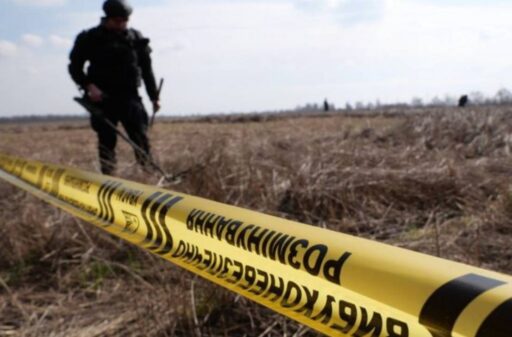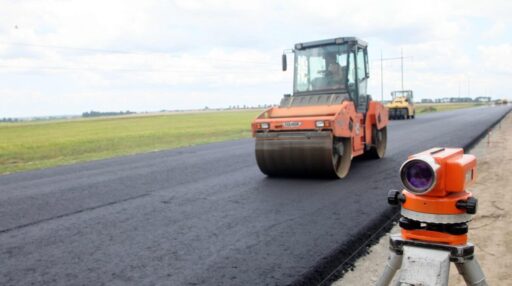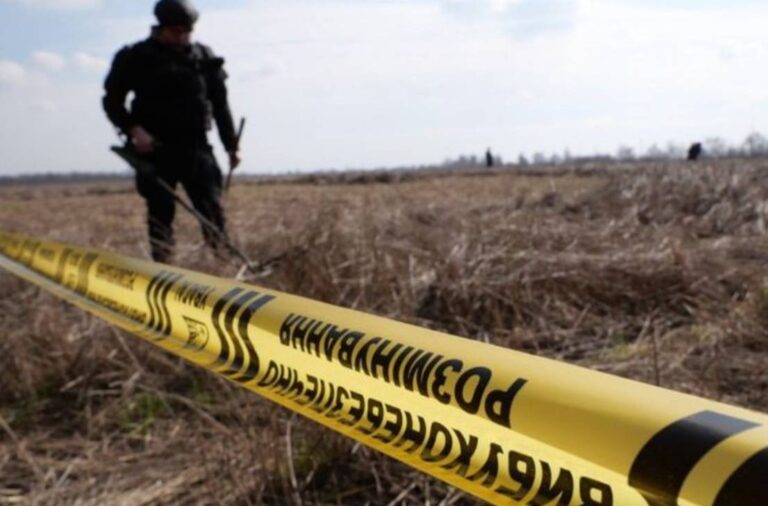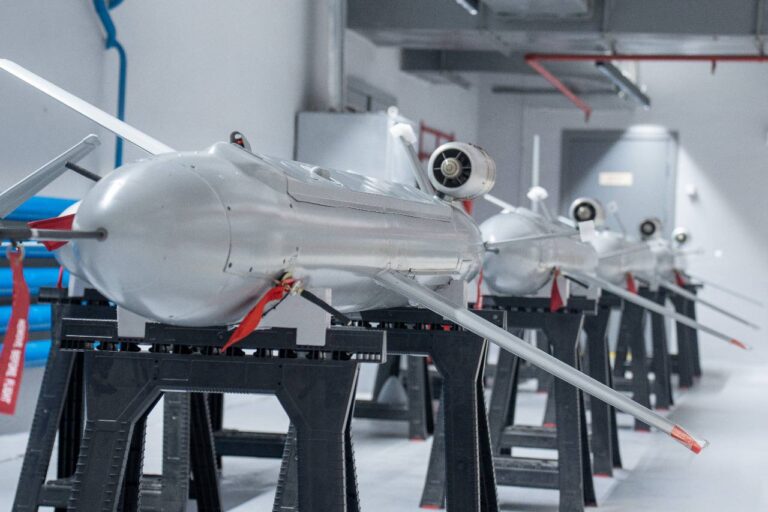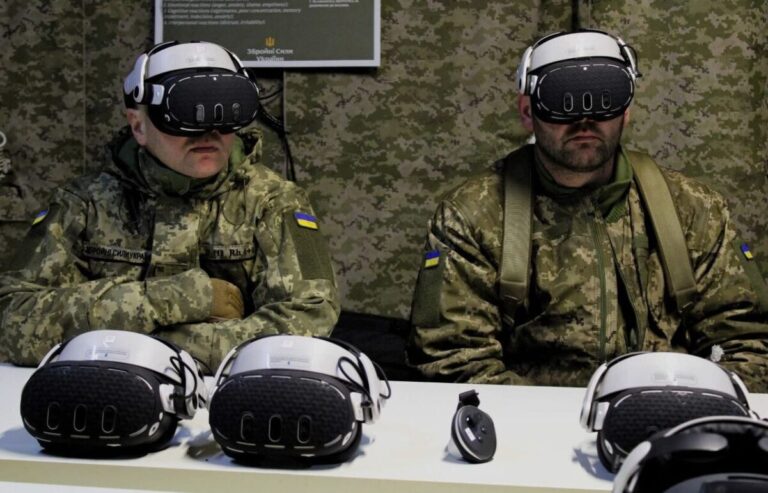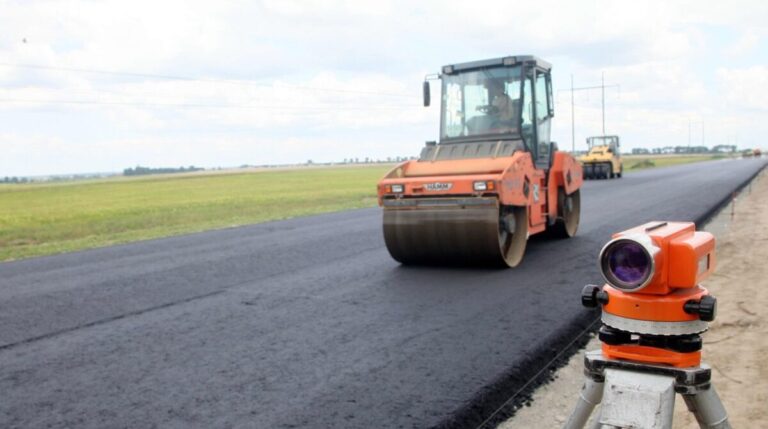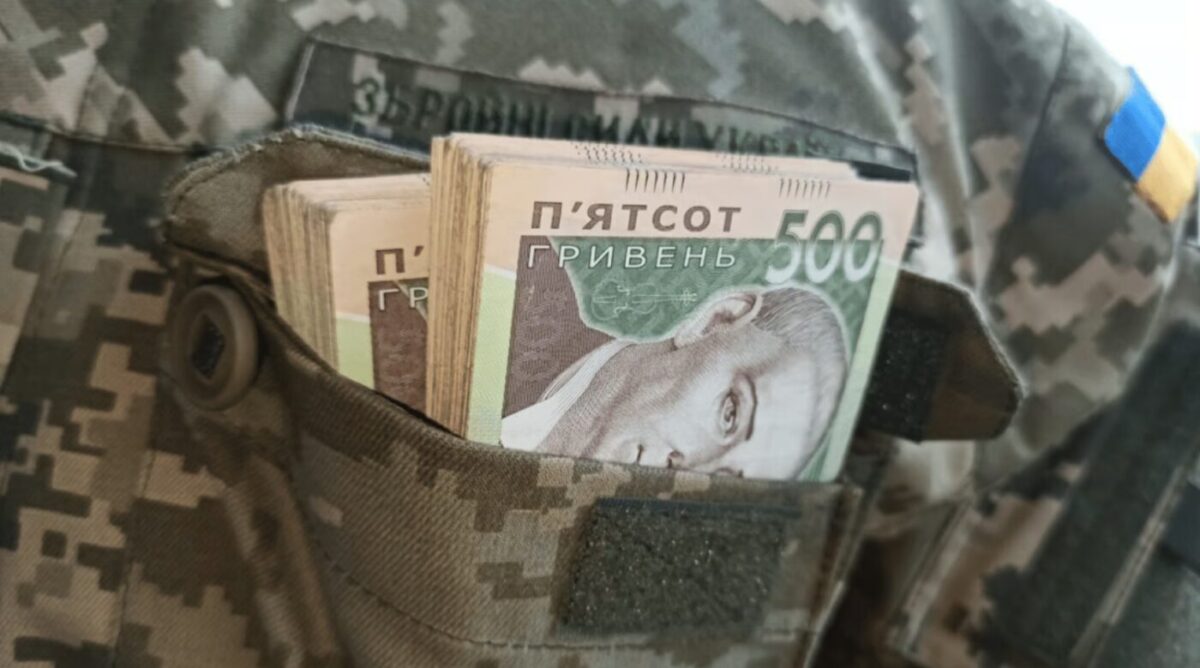
Can Ukraine boost military recruitment with EU-backed payments? New budget realities and legislative changes
In recent months, the Ukrainian army has faced a severe challenge a shortage of new recruits. After more than two years of full-scale war, most highly motivated volunteers are already on the front lines. The rest of society is largely exhausted and uncertain about the future. Mobilization is unpopular, and pressure around it only increases social tension.
President Volodymyr Zelensky stated that Ukraine is searching for “new ways to motivate people to join the Armed Forces,” with increased financial payments to contract soldiers and new recruits becoming the key tool. According to him, “we are conducting dialogue with European allies and the US to find mechanisms to support this area” (interview for Bloomberg News, July 2025).
Budgetary Reality
Ukraine’s state budget has been operating on the edge for over two years: the deficit in 2024 exceeded 20% of GDP(IMF, Ministry of Finance). The country is fully dependent on external assistance, and even now, donors have covered only half of the $75 billion needed through 2026.
“Global donors have allocated only half of the approximately $75 billion needed for the budget over the next two years,” explained Prime Minister Yulia Svyrydenko (Bloomberg News).
Ukraine simply cannot sharply increase payments to the military on its own, as this would further strain the deficit, while the IMF insists on restraint in government spending and does not support direct financing of military salaries.
Russia has long been using massive financial incentives for new recruits, allowing it to avoid public mobilization but still attract tens of thousands of soldiers to its army each month. For Ukraine, where state resources are much more limited, such an approach is only possible with direct inflows from partners.
Security Expenses: Drones and Modern Weapons
Zelensky named a clear figure: Ukraine needs $25 billion annually for the production of drones, electronic warfare equipment, and missiles to defend against Russia. “We have already started talks with Ursula von der Leyen, Mark Rutte, Emmanuel Macron, Keir Starmer, and US representatives,” the president said (Bloomberg).
Additionally, Ukrainian companies are rapidly increasing production of interceptor drones, but another $6 billion is urgently needed to launch large-scale production.
Post List
Legislative Changes to Protect Military Personnel and Their Families
On July 16, the Verkhovna Rada adopted in the second reading draft law No. 13168 amending the Law of Ukraine “On Social and Legal Protection of Military Servicemen and Their Families”.
Now, the death of a soldier in captivity is equated with death in battle, and the families of the deceased will receive the full one-time payment not less than 15 million UAH.
“Captivity is not peace, it’s the continuation of war,” emphasized initiator of the changes, Committee member Taras Tarasenko.
Until now, families of those who died in captivity had to prove their right to payments in court, as medical experts often recorded deaths as “from illness.” The new law also organizes deadlines for submitting documents for compensation for the wounded and links payment amounts to the subsistence minimum on January 1 of the year disability or another status is established.
Risks and Prospects for Ukraine
Risks
- Budgetary dependence: if partners do not agree to directly finance military payments, Ukraine will not be able to implement the promised increases without sharply cutting other expenses.
- A precedent for the EU: if Europe supports direct payment to the military of a partner country for the first time, it will be historic and potentially challenging for European policy.
- Control over expenditures: international donors will insist on transparency and reporting of how funds are used here Ukraine must demonstrate maximum openness.
Positives and Prospects
- Reforms in social protection for the military: the new law removes discrimination and bureaucracy, increases trust in the state among the army and society.
- Strengthening defense capability: if the financing issue is resolved, increased payments and launching large-scale drone production will give Ukraine an additional advantage.
Ukraine has found itself in a position where, without partner support, it is impossible to defend effectively or maintain social balance. Financial motivation is not only a matter of salaries but also a matter of trust in the state, the future of the war, and relations with partners. The more transparent and open Ukraine’s policy is regarding military payments and the use of donor funds, the greater the chance that the EU and partners will provide the necessary support. Each such decision is a test not only of the resilience of defense, but also of Ukraine’s willingness to change for the sake of victory and a European future.


